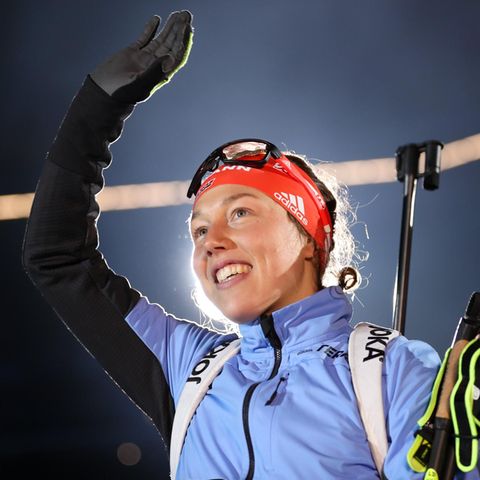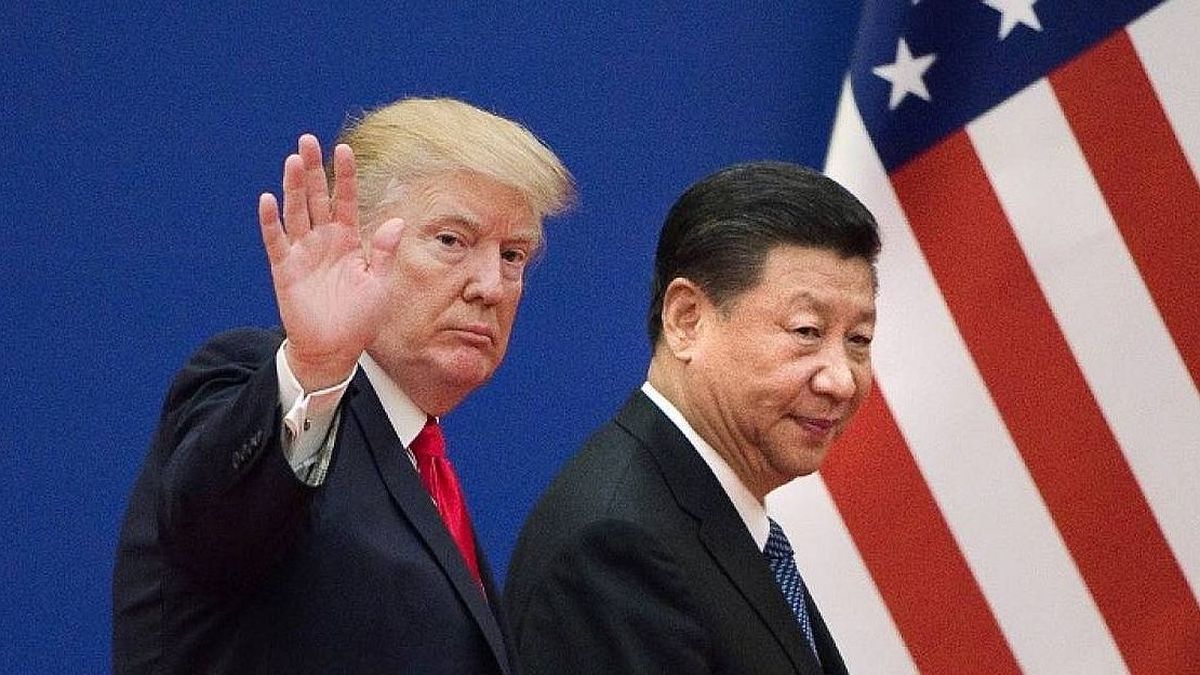I have been working in the news industry for over 6 years, first as a reporter and now as an editor. I have covered politics extensively, and my work has appeared in major newspapers and online news outlets around the world. In addition to my writing, I also contribute regularly to 24 Hours World.
Menu
German history: “As if it were yesterday”: 80 years after Auschwitz
Categories
Most Read
Health: Employers against later sick notes
October 12, 2025
No Comments
Middle East: Ceasefire in force – this is what the Middle East roadmap now looks like
October 12, 2025
No Comments
Administration: ID cards should become more expensive – fee 46 instead of 37 euros
October 12, 2025
No Comments
Energy infrastructure: Zelensky calls for action against Moscow’s aerial terror
October 12, 2025
No Comments
USA: Trump wants to continue paying soldiers despite the shutdown
October 12, 2025
No Comments
Latest Posts

Laura Dahlmeier: Biathletes find touching words at the gala
October 12, 2025
No Comments
Bavarian Sports Award Biathletes remember Laura Dahlmeier at the award ceremony The death of Laura Dahlmeier was a shock for the biathlon scene. Two successful

The Argentine National Team and Spain would play the Finalissima in a special setting
October 12, 2025
No Comments
The match pits the champions of South America and Europein an appointment that was postponed in the past due to calendar incompatibilities. The FIFA prioritizes

China crossed the US for another tariff increase since November and the trade war is tense
October 12, 2025
No Comments
October 12, 2025 – 1:25 p.m. China accused the United States of breaking off trade dialogue and warned that it will respond firmly if tariff
24 Hours Worlds is a comprehensive source of instant world current affairs, offering up-to-the-minute coverage of breaking news and events from around the globe. With a team of experienced journalists and experts on hand 24/7.

